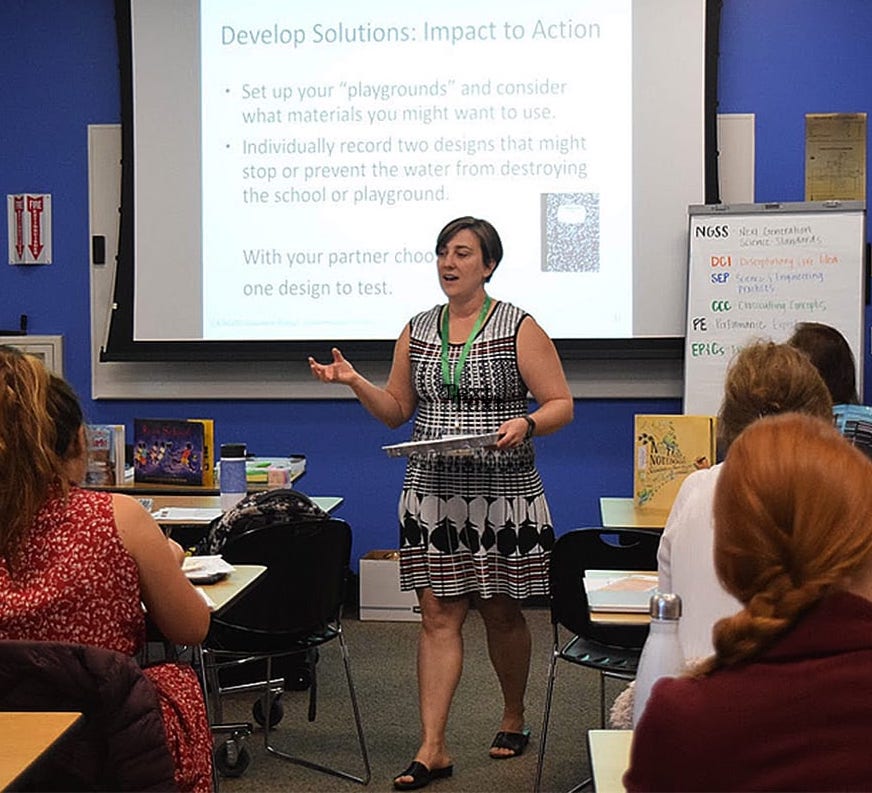
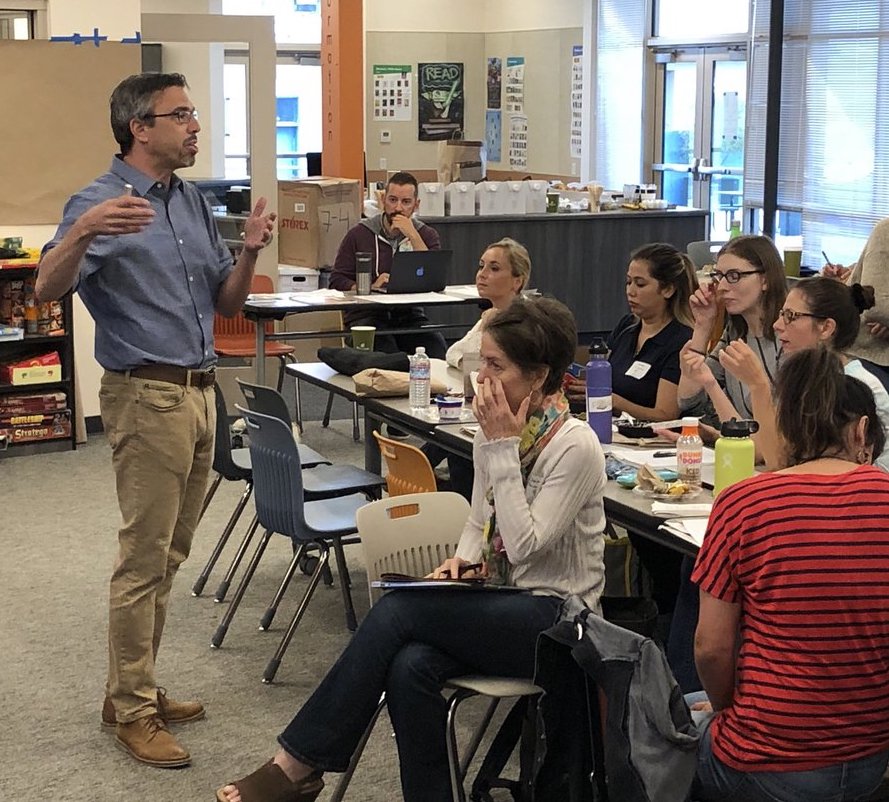
Sarah Watanabe, the K12 Strong Workforce Pathway Coordinator (BACCC) and STEM Coordinator at the San Mateo County Office of Education (SMCOE), and Doron Markus, the Career Technical Education Coordinator, recognized the need for a well-trained “green” workforce — especially as the destructive impacts of the climate crisis become increasingly more pervasive. They spearheaded the creation of a CS and Environmental Lit module, specifically designed to introduce students to CS by teaching them how to “code for good” and become active, solutions-focused participants in the green economy. Read on to learn about Sarah and Doron's inspiration and guiding vision for the module, and how other schools and districts can implement it (for free!).
In this module, students learn how to design and promote a message with the tools used on many of today’s digital devices. Students learn the basics of computer programming using JavaScript, a programming language used for many of the graphics and animations found on the internet. They also engage with social and environmental justice issues, and demonstrate how coding can be used to create impactful solutions. Students work through a series of design challenges that culminate in a final project where they design a campaign to address an important issue affecting their community.
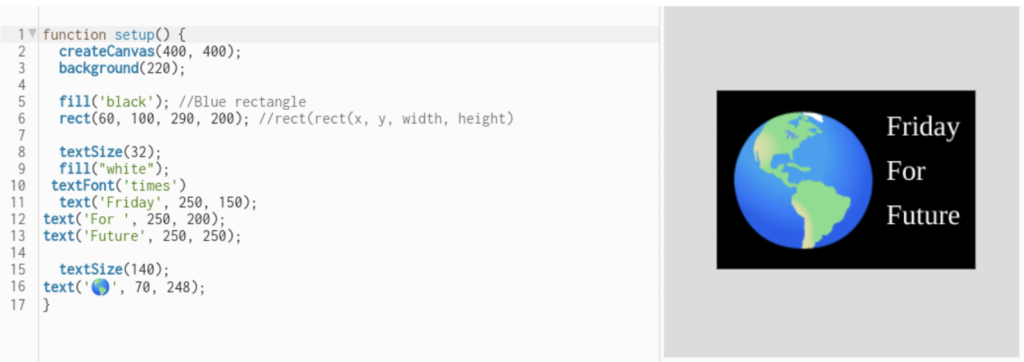
As the impacts of the climate crisis become more visible and destructive, so does the need for a well-trained “green” workforce. We at the San Mateo County Office of Education, a statewide leader in environmental literacy and sustainability education, believe that green career and environmental education begins within the TK-12 education system. We believe that it is our duty, as educators, to develop programs that highlight the changes that our society and planet require. Our students — our future workforce — must also learn about the environmental injustices that plague so many of our communities and learn how they can play a role in helping abolish them. This module was specifically designed to introduce students to computer science by teaching them how to “code for good” and how to become an active, solutions-focused participant in the green economy.
It is often assumed that technology and sustainability are mutually exclusive in that all progress in technology comes at the expense of the environment. However, if we are to not only survive, but to thrive as a species, we need to learn how to utilize technology to protect the environment and how to enlist others in the cause. Computer science can help society frame its understanding of the climate crisis; develop models that show how the climate has changed over time and help scientists predict future trends; help the agriculture industry monitor and regulate its use of chemicals that harm the environment; and help make technologies related to water and energy use more efficient. CS is not only an important tool being used to combat the climate crisis, it is a critical one.
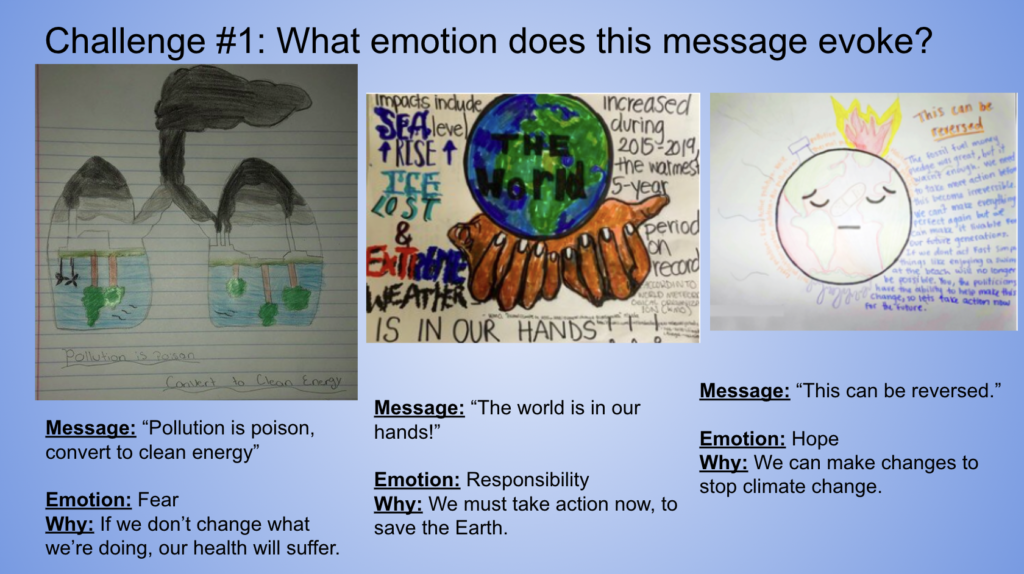
As part of this module, middle school students work to create logos, clothing designs, etc. using p5.js to help raise awareness of an environmental issue and/or movement. Some examples of the student projects can be found here.
We hope that through this unit, students will know that their voices matter and that they can use technology to spread their messages to a broader audience in order to have a positive impact on issues that matter to them and to the world. We also hope that students become more aware of the environmental injustices that impact the health and lives of millions of disenfranchised people, and, as a result of this module, feel driven to become part of the solution.
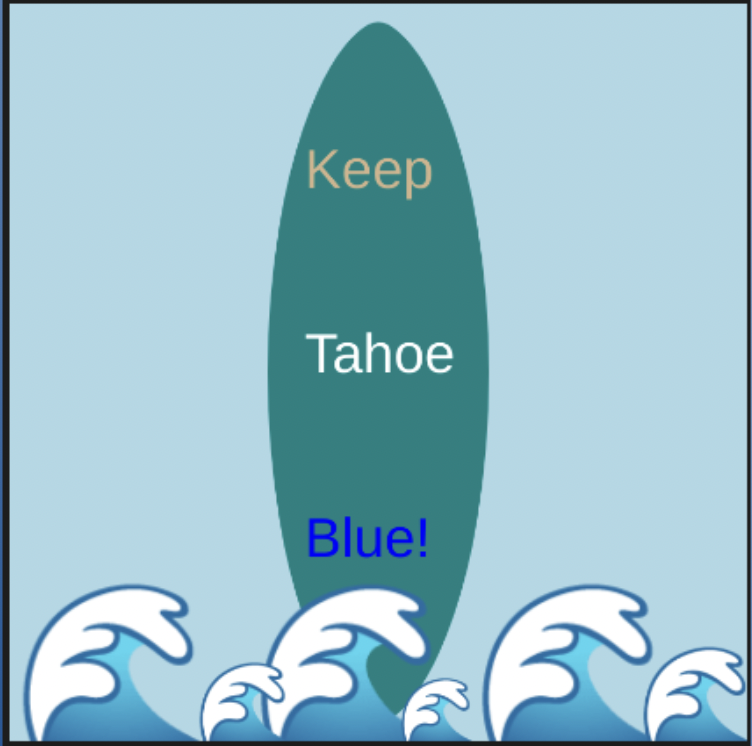
The curriculum is free to use and can be found at our website, along with additional green career awareness modules focused on Agriculture, Industrial Biotechnology, Energy and Power, Engineering, and Product Innovation and Design. Interested teachers can also join our free, virtual summer professional development.
Computer science is becoming a larger part of industry, regardless of which sector students choose to pursue. If we are to ensure that our students are ready for college and career, we need to prioritize equitable access to meaningful and engaging computer science experiences in K12 education.
We believe that all jobs are green jobs, and all jobs are likely to have some computer science embedded in their practices. We need students to join the workforce with an environmental lens and the skills necessary to promote a green economy and a more sustainable future.
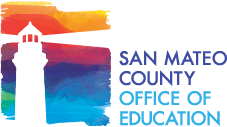
Are you iInspired by Sarah, Doron, and the San Mateo County Office of Education’s to educate students at the intersection of CS and climate justice? If so, we encourage you to check out their Green Career Awareness and Exploration Middle School Modules. You can also register for their career awareness modules taking place this July, which focus on Agriculture, Industrial Biotechnology, Energy and Power, Engineering, and Product Innovation and Design.